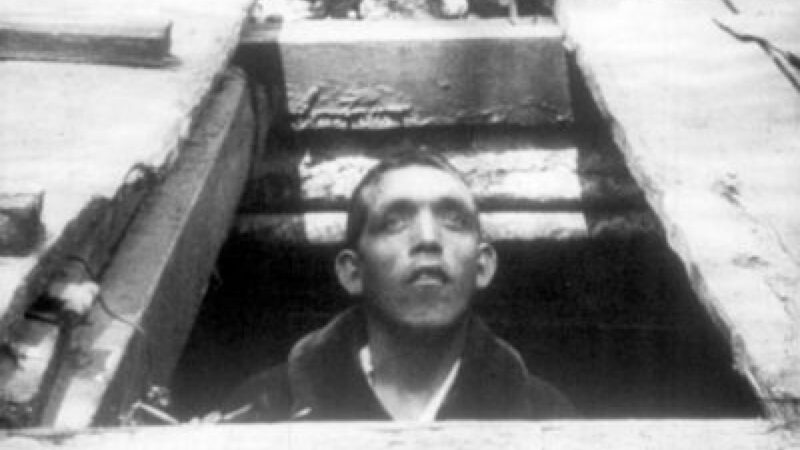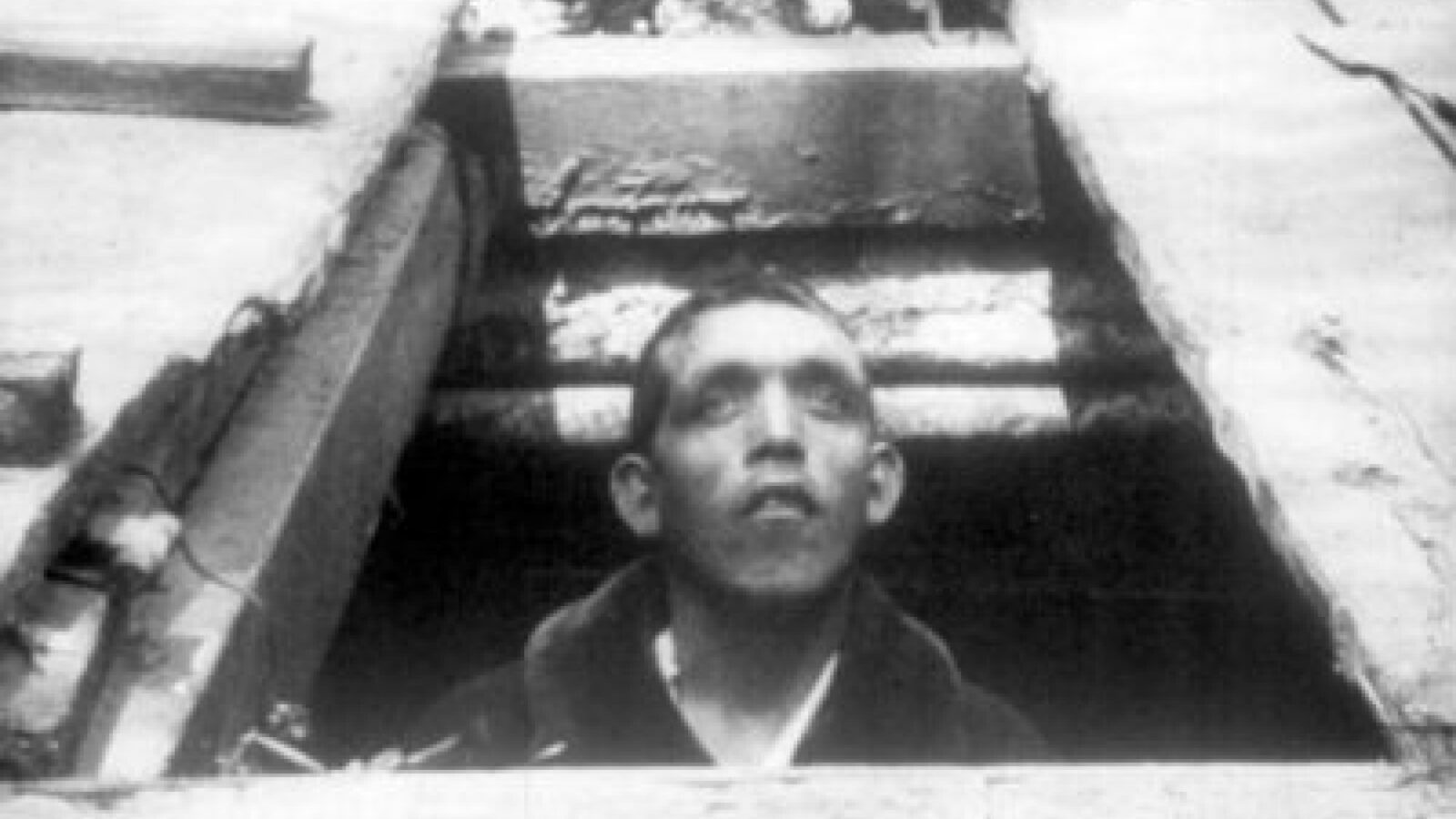

In a monologue, a narrator addresses his unborn son. His words are accompanied by grainy 16mm black-and-white images depicting the slums of Chişinău. The misery of the downtrodden appears continually transformed into something almost sacred. In this manner, PALMS exerts a controversial fascination. Whereas Pier Paolo Pasolini's early works shone a spotlight on the sub-proletariat, here it is the "nishie", the poorest among the beggars, who are made visible and resist against social constraints with their mere existence.
- Screenplay: Artur Aristakisyan
- Cinematographer: Artur Aristakisyan
- Editor: Artur Aristakisyan
- Music: Giuseppe Verdi
- Producer: Artur Aristakisyan
- Production Company: Russian State University of Cinematography (VGIK)
- Rights Holder: Intercinema Agency
In a monologue, a narrator addresses his unborn son. His words are accompanied by grainy 16mm black-and-white images depicting the slums of Chişinău. The misery of the downtrodden appears continually transformed into something almost sacred. In this manner, PALMS exerts a controversial fascination. Whereas Pier Paolo Pasolini's early works shone a spotlight on the sub-proletariat, here it is the "nishie", the poorest among the beggars, who are made visible and resist against social constraints with their mere existence.
- Screenplay: Artur Aristakisyan
- Cinematographer: Artur Aristakisyan
- Editor: Artur Aristakisyan
- Music: Giuseppe Verdi
- Producer: Artur Aristakisyan
- Production Company: Russian State University of Cinematography (VGIK)
- Rights Holder: Intercinema Agency
